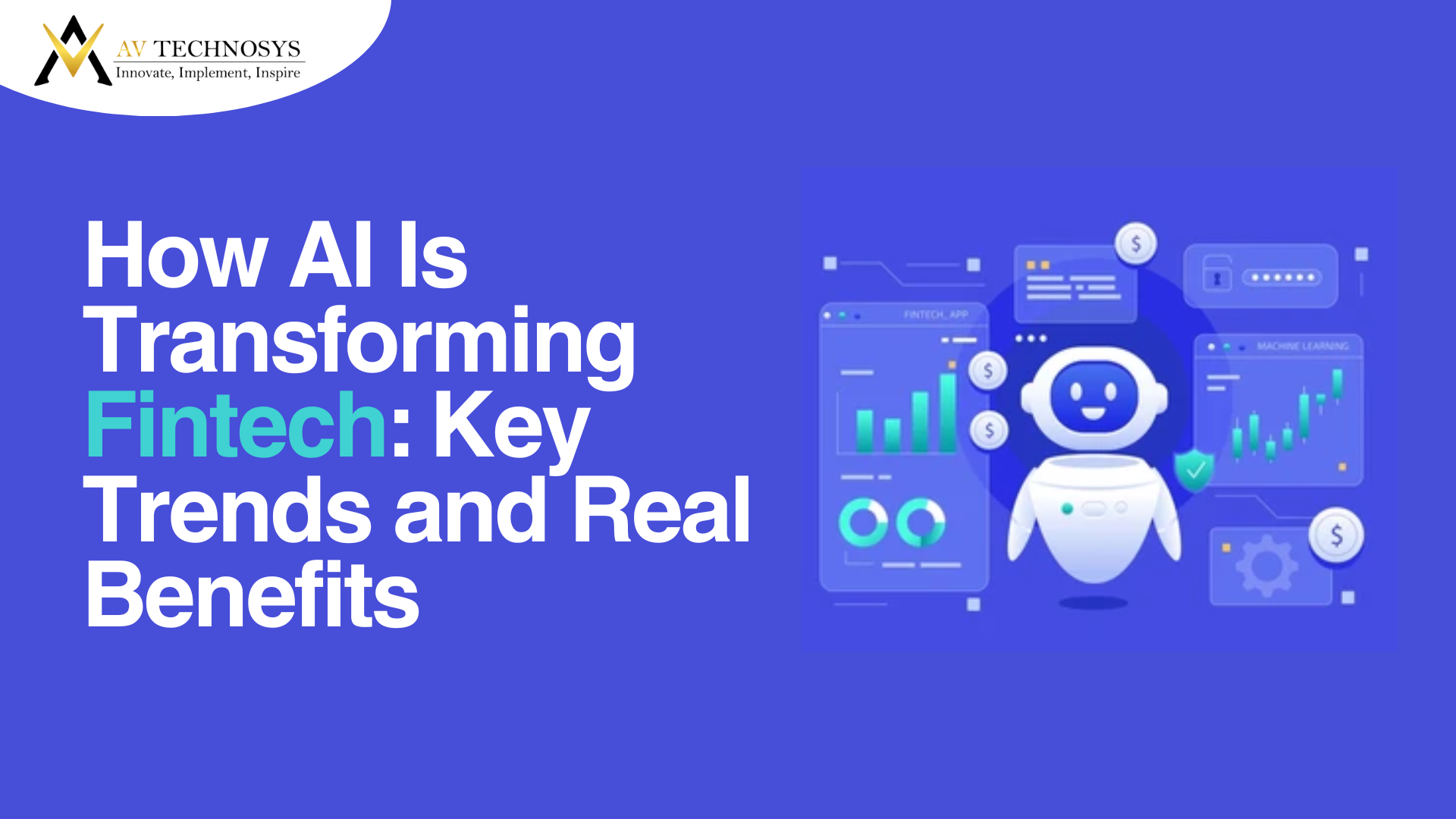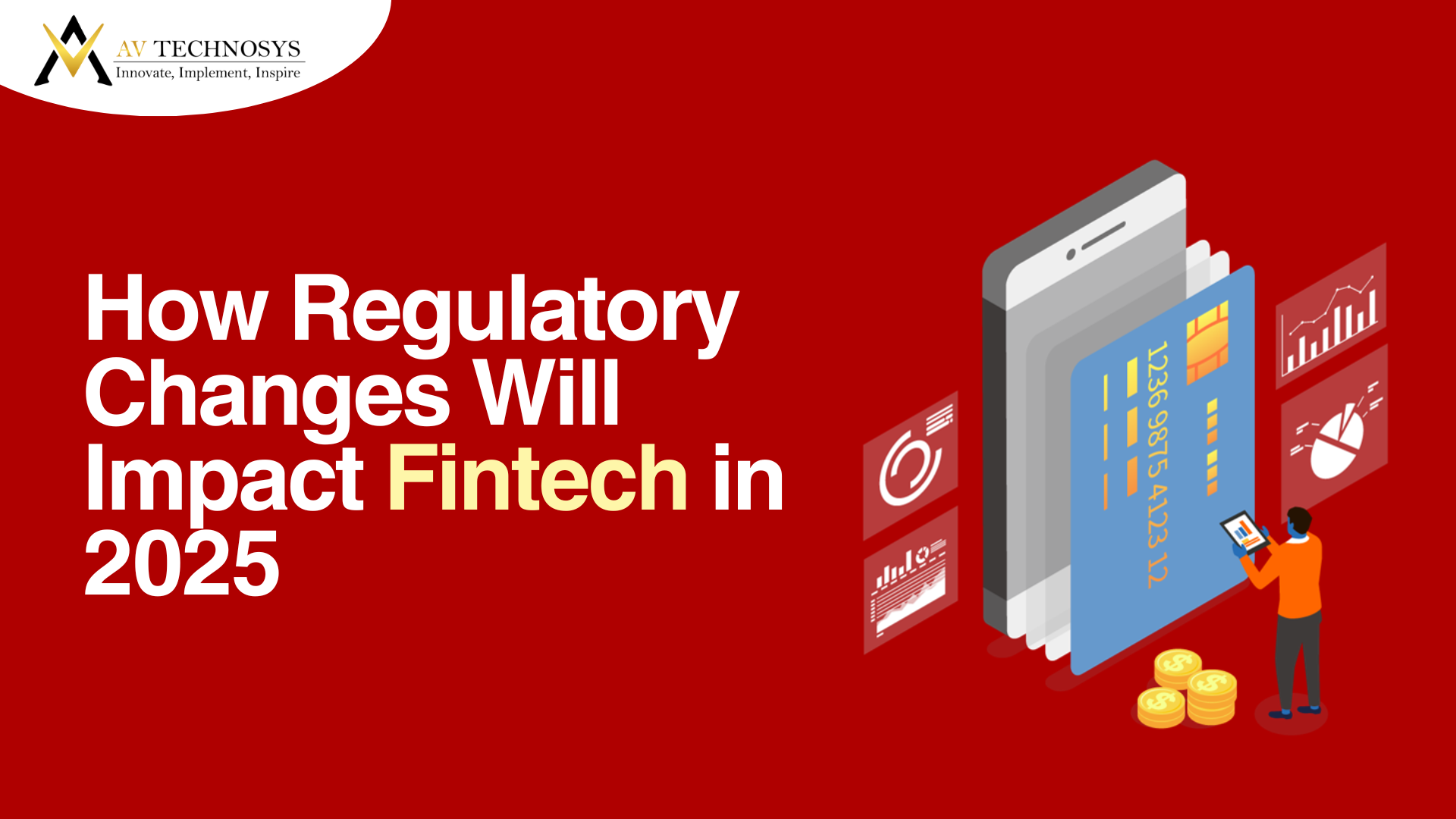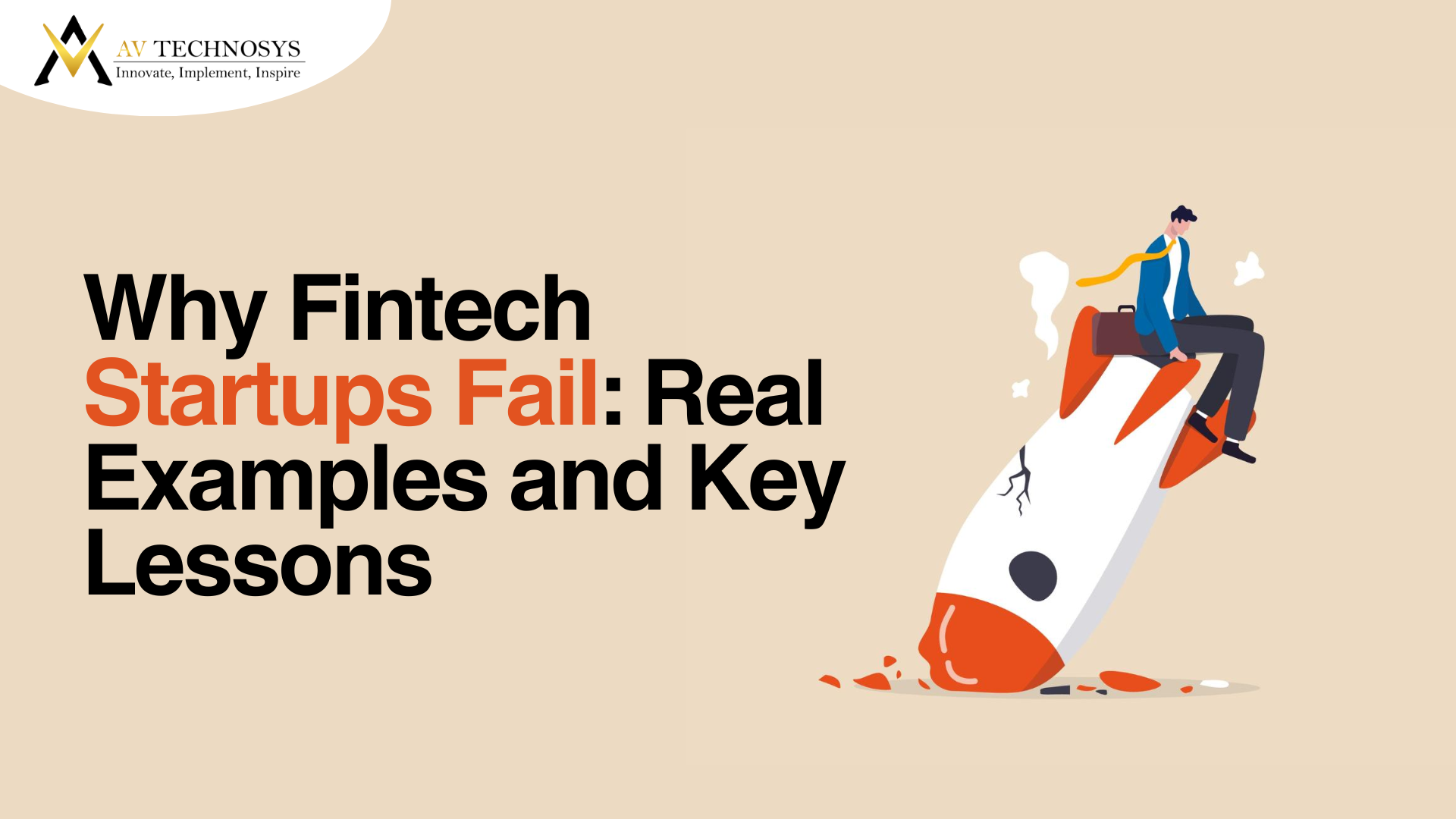How Much Will It Cost to Build a Mobile App in Germany in 2025?
Discover 2025 pricing for mobile app development in Germany, key cost factors, and sample budgets to plan your project effectively.


App Development
If you’re planning to build a mobile app in Germany, you’ll quickly notice that cost estimates can vary dramatically. Some quotes may be as low as €20k, while others might climb to €80k or even exceed €300k. The truth is, all of these figures can be accurate depending on several key factors: the complexity and scope of your project, the level of security and compliance required (especially with strict GDPR), the platforms you choose, and the expertise of the team you hire.
In 2025, the German mobile app development services landscape is shaped not only by cutting-edge technology but also by local legal requirements, user expectations, and industry-specific needs. Whether you’re creating a simple MVP for market testing or a full-scale enterprise solution with advanced integrations, understanding the real cost drivers will help you plan smarter and avoid budget shocks.
This article offers realistic pricing bands for mobile app development in Germany, breaks down the factors that influence costs, and provides sample budgets you can adapt to your project so you can move forward with clarity and confidence.
Short Answer (Ballpark Ranges)
Prototype / Proof of Concept (4–8 weeks): €10,000 – €35,000
MVP with core features (3–4 months): €35,000 – €90,000
Mid-scale product (6–9 months): €90,000 – €250,000
Enterprise-grade / complex app (9–18+ months): €250,000 – €800,000+
These ranges assume a Germany-based or EU-based team with proper product management, UX, QA, and a secure backend. Nearshore or hybrid teams can reduce costs by 20–40%, but you must plan for tighter governance and communication.
What Drives App Costs in Germany?
1) Scope & Complexity
This is the number one driver.
Simple: 8–12 screens, basic login, simple CRUD (create/read/update/delete), maybe one integration (e.g., email or analytics).
Moderate: 20–30 screens, real-time features, payments, social login, role-based access, a decent admin panel, and a scalable backend.
Complex: Advanced security, offline sync, complex business rules, multiple user roles, heavy media, geofencing, ML/AI features, IoT, or multi-tenant admin.
Each step up can multiply both time and cost due to design effort, QA permutations, and backend complexity.
2) Platform Choices
iOS only or Android only is cheaper than both.
Cross-platform (Flutter/React Native) can save 20–35% on initial build for feature-parity apps, especially when UI complexity is manageable.
Native (Swift/Kotlin) still shines for demanding performance, platform-specific UX, or deep hardware integrations.
3) Backend & Infrastructure
Even “simple” apps often need:
Auth, user profiles, permissions
Data storage & search
Push notifications
Admin dashboards & analytics
Logging, monitoring, and backups
A robust, secure backend on AWS/Azure/GCP adds predictable monthly costs and non-trivial build effort.
4) German/EU Compliance
Germany’s market is strict on:
GDPR: data minimization, consent flows, the right to be forgotten, data-processing agreements, and records of processing.
Security: encryption in transit and at rest, hardened infrastructure, secure CI/CD, regular vulnerability scans.
Accessibility: BITV 2.0/WCAG expectations increasingly matter, especially for the public sector or large enterprises.
Compliance adds design, legal review, and engineering time, but it also protects you from costly rework or fines.
5) Team Composition & Rates
Germany/EU full-service agencies typically staff:
Product Manager / Delivery Manager
UX/UI Designer
Mobile Engineer(s) (iOS/Android or cross-platform)
Backend Engineer(s)
QA Engineer (manual + automated)
DevOps / Cloud Engineer (part-time on smaller builds)
Security / Compliance (advisory or integrated on enterprise work)
In 2025, effective hourly rates for reputable Germany/EU teams often net out to:
Agencies: €80 – €150+ per hour, depending on seniority and domain (fintech, health, mobility).
Senior freelancers/boutique studios: €60 – €120 per hour.
Nearshore EU (e.g., CEE): €40 – €90 per hour, with experienced senior leads higher.
6) Design Depth
A thoughtful product discovery and design phase (user research, journeys, flows, wireframes, UI system) dramatically reduces build churn. Expect €5,000 – €40,000 depending on scope and fidelity.
7) Integrations & Third-Party Services
Common German/EU specifics:
Payments: SEPA, PayPal, Klarna/Sofort, Apple Pay / Google Pay
Identity: OAuth/SAML/enterprise SSO
Analytics & Marketing: Firebase, Amplitude, Segment, Braze
Maps/Geo: Google Maps, Mapbox, Here
Comms: Email/SMS/push providers
Plan €2,000 – €25,000+ for integration work, depending on the number and complexity.
Feature-Based Cost Cues (2025)
These are typical add-ons inside a broader build, not standalone totals. Real numbers depend on your stack and design.
Auth (email + social login), profiles, forgot password: €3k – €12k
In-app payments (Apple/Google, PayPal/Klarna/SEPA): €6k – €30k
Chat or messaging (1:1, typing indicators, push): €8k – €40k
Media handling (capture, compress, upload, stream): €5k – €30k
Location & maps (pins, routing, geofence): €5k – €25k
Admin dashboard (analytics, roles, CMS): €10k – €50k+
Offline mode & sync: €10k – €45k
Multilingual (DE/EN, later FR/IT/PL): €2k – €10k
Accessibility hardening (WCAG 2.1 AA): €3k – €20k
Security hardening (OWASP Mobile, pen-test fixes): €5k – €40k
Machine Learning (on-device inference, model integration): €15k – €100k+
IoT/Bluetooth integrations: €10k – €60k+
Sample Budgets (With German Context)
Scenario A: B2C MVP for the German Market (3–4 months)
Goal: Launch a consumer app to validate demand. iOS + Android via Flutter, email + Apple/Google login, content feed, bookmarks, push notifications, basic analytics, simple admin, GDPR-compliant consent and privacy flows.
Typical costs:
Discovery & UX/UI (2–4 weeks): €8k – €20k
Cross-platform app build (8–10 weeks): €25k – €50k
Backend & Admin (Node/Go + Postgres, 6–8 weeks): €20k – €40k
QA & Test automation (parallel): €6k – €15k
DevOps & Security setup: €4k – €10k
Total: €63k – €135k
Monthly cloud/ops after launch: €200 – €1,200 to start (can grow with traffic).
Annual maintenance: plan 15–25% of the build cost.
Scenario B: Marketplace App with Payments & Chat (6–9 months)
Goal: Two-sided marketplace in Germany with seller onboarding, catalog, payments (Klarna/SEPA/PayPal), order tracking, in-app messaging, review system, scalable backend, analytics, and admin tooling.
Typical costs:
Discovery, compliance mapping, service design: €20k – €40k
Native or cross-platform app (iOS/Android): €60k – €130k
Payments & KYC integrations: €15k – €45k
Chat/messaging (SDK or custom): €12k – €40k
Backend (microservices or modular monolith): €35k – €80k
Admin dashboard (roles, dispute workflows): €15k – €40k
QA (manual + automation), UAT, security review: €15k – €40k
DevOps (CI/CD, monitoring, infra as code): €8k – €20k
Total: €180k – €435k
Monthly cloud: €800 – €4,000+ once active.
Annual maintenance: 15–25% of build cost.
Scenario C: Regulated/Enterprise App (9–18+ months)
Goal: Healthcare/finance/mobility with strict security, audit logs, SSO/SAML, role hierarchies, data residency, advanced reporting, pen-testing, and accessibility compliance.
Typical costs: €300k – €800k+ depending on integrations, legacy systems, and certification needs.
Monthly cloud: €1,500 – €10,000+ at scale.
Annual maintenance: 20–30% is prudent, reflecting ongoing audits and change control.
One-Time & Recurring Extras (Germany/EU)
App Store fees: Apple €99/year; Google Play €25 one-time (organization accounts may vary).
Legal & compliance review: €1k – €10k+ depending on sector.
Penetration testing/audits: €5k – €30k per cycle.
Data processing agreements (DPAs) and vendor due diligence: time + legal fees.
Analytics/marketing tools: €50 – €1,000+/month depending on stack.
Customer support tooling: €50 – €500+/month.
Germany-Specific Considerations That Affect Cost
GDPR by Design
Bake in consent flows, data retention policies, and user data export/deletion from day one. Retrofits are expensive.Localization & DACH Market Fit
Even if you launch in English first, plan for German as a priority. If you’re going DACH-wide (Germany, Austria, Switzerland), budget for date/number formats, address fields, payment preferences, and legal notice pages (Impressum, Datenschutz).Payment Preferences
Support methods common in Germany: SEPA direct debit/credit transfer, PayPal, Klarna/Sofort, plus Apple Pay/Google Pay for convenience.Security Expectations
Enterprise and public sector buyers expect security documentation, threat modeling, and audit trails. Budget for DevSecOps from the start.Accessibility (BITV/WCAG)
If you touch public services or want a broader adoption factor in accessibility testing and fixes. It’s cheaper than excluding users (and losing bids).
How to Choose the Right Pricing Model
Fixed-Price works when the scope is small and clear (e.g., MVP with defined features). You’ll pay a risk premium. Changes cost extra.
Time & Materials (T&M) is better for evolving products. You pay for actual time. Requires disciplined backlog management and transparent reporting.
Hybrid is common in Germany: fixed price for discovery and initial MVP scope, then T&M for iterative releases.
Top tip: insist on weekly burn reports, sprint demos, and a shared backlog with priorities, estimates, and acceptance criteria.
Red Flags That Inflate Cost Later
Skipping discovery/design (“we’ll figure it out in dev”).
No reusable design system (every screen becomes bespoke).
Missing test automation (manual regressions balloon over time).
Weak DevOps (slow releases and fragile environments).
Ignoring analytics (you build the wrong things longer).
Deferring security and privacy (expensive rewrites, legal risk).
Budget up front for these; it’s cheaper than remediation.
Practical Cost-Saving Moves (Without Cutting Quality)
Start with an MVP and a kill-switch metric. Define what success looks like in 12–16 weeks.
Cross-platform unless you truly need native. Modern Flutter/React Native covers many use cases well.
Use proven SDKs for payments, chat, and analytics rather than custom builds.
Adopt a component library and design tokens. Faster design and implementation.
Automate tests for critical paths (auth, payments, booking).
Stage rollout (feature flags, phased releases) to de-risk.
Nearshore selectively: keep product ownership and security in Germany/EU; augment with CEE engineers for velocity.
Roadmap & Timeline You Can Reuse
Weeks 1–2: Discovery & Architecture
Product goals, user stories, compliance checklist, tech choices, and clickable prototype.
Weeks 3–6: Design & Foundations
Design system, core screens, backend scaffolding, CI/CD pipeline, analytics plan.
Weeks 7–12: MVP Build
Core features, integrations, instrumentation, initial QA, closed beta.
Weeks 13–16: Hardening & Launch
Performance tuning, accessibility pass, security review, App Store/Play compliance, marketing readiness.
Post-launch (ongoing):
Bug fixes, feature iterations, A/B tests, growth experiments, maintenance.
A Simple Budget Template (Copy/Paste)
Discovery & Product Design: 10–20%
Mobile Development (iOS/Android or cross-platform): 35–45%
Backend & Integrations: 20–30%
QA (manual + automation): 10–15%
DevOps & Security: 5–10%
Project Management: 8–12%
Contingency: 10–15% (use it for scope risk, compliance, unknowns)
Apply those percentages to your target build budget to sanity-check vendor proposals.
Conclusion
In Germany in 2025, credible MVPs commonly land between €35,000 and €90,000, mid-scale products between €90,000 and €250,000, and complex/regulated builds from €250,000 upwards. Your exact number depends on scope, platform strategy, team seniority, and compliance posture.
If you’re comparing proposals, look beyond the headline price:
Ask for a feature-level estimate with hours and assumptions.
Confirm GDPR/accessibility/security are explicitly budgeted.
Ensure you’ll get a design system, test coverage, and CI/CD.
Plan 15–25% of the build cost for yearly maintenance, so you don’t underfund success.
At AV Technosys, we combine a disciplined discovery phase, a right-sized development team, and a pragmatic scope to help you launch a Germany-ready app without budget surprises and with a roadmap that scales as your traction grows.
Ready to turn your app idea into reality? Let’s build it together.
FAQs
1. How much does it cost to hire mobile app development services in Germany in 2025?
In 2025, hiring professional mobile app development services in Germany can cost anywhere from €35,000 for a simple MVP to €250,000+ for complex or regulated apps. The exact cost depends on your project’s scope, features, compliance requirements, and the team’s expertise.
2. Are mobile app development services in Germany more expensive than in other countries?
Yes, Germany generally has higher rates compared to some regions due to strict compliance standards, advanced quality expectations, and higher operational costs. However, the value you get from German mobile app development services, especially in terms of security, GDPR compliance, and long-term scalability can outweigh the price difference.
3. How long does it take to develop a mobile app in Germany?
Most mobile app development services in Germany deliver an MVP in 3–4 months, a mid-scale app in 6–9 months, and a complex enterprise-grade solution in 9–18 months, depending on scope and complexity.
4. Can I reduce the cost of mobile app development services without compromising quality?
Yes. You can opt for cross-platform development (Flutter, React Native), prioritize essential features in your MVP, use pre-built SDKs, and work with hybrid teams (local + nearshore). The key is to partner with mobile app development services that focus on strategic planning and phased delivery.
5. Do German mobile app development services include GDPR compliance by default?
Reputable mobile app development services in Germany will include GDPR compliance in their process, covering consent management, secure data handling, and privacy-by-design principles.
📬 Get in Touch With Us
Name
Mobile No.
Message
Our Latest Blogs
Get the most recent information on trends, technology, and development insights.
View All Blogs

Ashish Bishnoi
07-05-2025
Discover how AI is reshaping fintech with key trends and real-world benefits driving innovation in 2025.

Veer choudhary
08-05-2025
Explore how new regulatory changes will shape the future of fintech in 2025 and beyond.

Veer choudhary
11-05-2025
Learn why fintech startups fail with real examples and key lessons to build smarter in 2025.
Our Technology Experts Are Catalysts for Digital Transformation
Book a Free call with Our Experts and Start Building the Future Today.

INDIA
238, 2nd floor, Purani Chungi,
DCM Road, Vaishali Nagar,
Jaipur, Rajasthan, 302017
+91 9983034111

UK
1-3 St Nicholas Street Worcester
WR1 1UW, United Kingdom
+44 7470994018

USA
15632 Lucy Lane ,
Frisco , TX , 75033
303-589-5158







